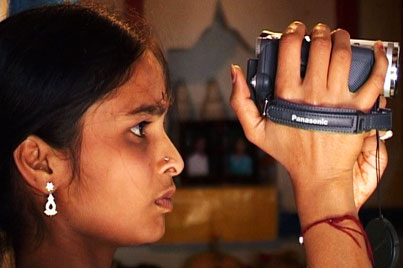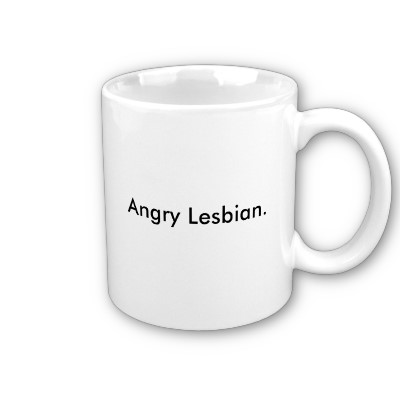My rage as a black person witnessing yet another moment in the endless cycle of racism in the US prevents me from engaging in "level headed" conversations with people who see this terribly unjust Ferguson ruling as just another news story to banter about at the water cooler. I need…
-
Activism - Afrofeminism - Blog - Kumbaya Politics - Race, Culture, Ethnicity - The Political, Personalized
-
How to Increase Media Diversity: 3 Lessons from the London Feminist Film Festival
It's only been a few months since the LFFF's initial email to me, but judging from the film festival's program, the organizers efforts have really paid off. It's not every day I get to see I'm impressed with an organization's outreach efforts (and results). So, I'd like to take this…
-
Finding Common Ground (Part 1): Why Aren’t More Activists Collaborating?
Based on how often marginalized people talk about the power of "community", especially within the realm of grassroots activism, one would imagine the non-profit industry would have evolved into a flourishing ecosystem of recyclable free-flowing skills, services, and progressive ideas by now. Yeah, that's not happening. Welcome to the first…
-
A Rant — The Ugly Business of Good Social Causes
I really wish the LGBT and non-profit industry in general would stop hiding behind "good causes" and own their mistakes/shortcomings so we can all move forward.
Online rulet oyunları gerçek zamanlı oynanır ve online slot casino bu deneyimi canlı yayınlarla destekler.
İnternet üzerinden eğlence bahsegel giriş arayanlar için deneyimi vazgeçilmezdir.
Kullanıcıların hesaplarına hızlı ve sorunsuz bettilt ulaşabilmesi için adresi her zaman güncel tutuluyor.



